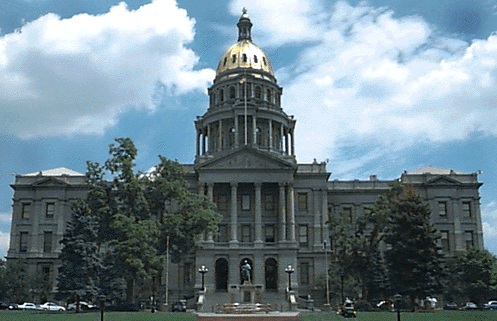My City Council Experience With a Public Sector Union in Colorado

In November 2001 I was elected to my local city council. In January 2002 I journeyed to the state capitol where I attended a training session for newly elected municipal officials. At the coffee and donuts session prior to the start of the meeting, I overheard one of the presenters comment that "...one thing's for sure, with 9-11 local governments are gonna have a helluva time saying no to firefighters." Without a doubt, some of the truest words ever spoken, at least for my city.
My four years on the council (I chose not to run again--four years was enough) were defined by my budget battles, particularly those with our fire department. At the time they were the only unionized city department and they were, individually and as a group, hostile and frequently rude to anyone who questioned budgets and spending, especially their salaries and benefits. (Since I left the police and street departments have unionized, no doubt after seeing first hand the effectiveness of unionization.) I quickly learned that they believed they had unionized common courtesy as well, as it was once "explained" to me that courtesy was "reserved" for their supporters, not their "enemies."
The firefighters made many meetings, but especially our budget meetings, unbelievably stressful, showing up en masse and packing the room with their family members and friends. It took a couple of these meetings before I caught on to their strategy: the firefighters' comments were generally polite (sometimes with clenched teeth, but they usually held it together pretty well), while their supporters interrupted council members (especially me) with shouts and boos.
Although I seldom managed to persuade enough council members to win a vote, when I did you would have thought I'd committed murder: for the next few days there would be lots of hang-up phone calls, especially at night; letters to the paper and anonymous letters to my home, and if I happened to encounter any of this group at the grocery, gas station, bank, etc., they wouldn't speak, but glare and make just barely audible snarky comments.
I can't begin to describe their arrogance. One life-long resident took to calling the fire chief "Hollywood," because everywhere he went he was accompanied by his own entourage of firefighters. After a year or so, I began referring to our firefighters as lobbyists, but their behavior was the very definition of bullies. There was nothing unabashed about their use of intimidation-- they actually seemed proud of it.
About two years in, I learned from a volunteer firefighter that the regular firefighters had taken a picture of me from the local paper and put it on the dart board in their residence quarters. He said he felt I ought to know about it, but I also knew that as a volunteer he was only reluctantly accepted by the "professional" firefighters, so probably didn't feel particularly loyal to them. One of the things people should know about paid, "professional" firefighters: they despise volunteers. There is nothing more threatening to people trying to rationalize sometimes exorbitant wages and lavish benefits than other people willing to do the same work for free.
Another thing I learned about firefighters is that they are very rarely in dangerous situations. There are many professions with far higher injury and mortality rates. The fact is, fire departments across the country have been busy "re-creating" themselves (that's what they call it) because the risk of fire is now so low. Due to modern building codes, flame retardant material, the widespread use of smoke detectors, modern lighting, heating, and cooking systems, etc., they can no longer justify the existence of conventional fire departments, so now when you see a fire truck rolling to a call, 90 percent of the time, or more, they are responding to an accident or medical call. That's the reason for the move from the term "firefighter" to "first responder." Our fire department has had months when they have responded to over a hundred calls with only one or two being fire calls, and they were frequently false alarms or "good intention" calls.
The average law enforcement officer faces more danger on a daily basis than the average firefighter, if for no other reason than people are usually pretty happy to see firefighters show up. On the other hand, there are usually some pretty unhappy people for police to deal with.
Because of 9-11, firefighters became national heroes, and rightly so in many respects. But in my personal experience, the ones in my city have exploited our national admiration and gratitude to enrich themselves, without concerning themselves with the impact of their demands on future generations and the fate of their communities. More than once I heard the "if it saves one child" argument from a firefighter while I was on city council. But with the amount of debt we're accumulating at every level of government, we're on the verge of making today's children economic slaves. It's time for firefighters and other members of public sector unions to start saving children's lives by advocating sustainable and reasonable budgets that will not saddle children with insurmountable debts that threaten their futures.




